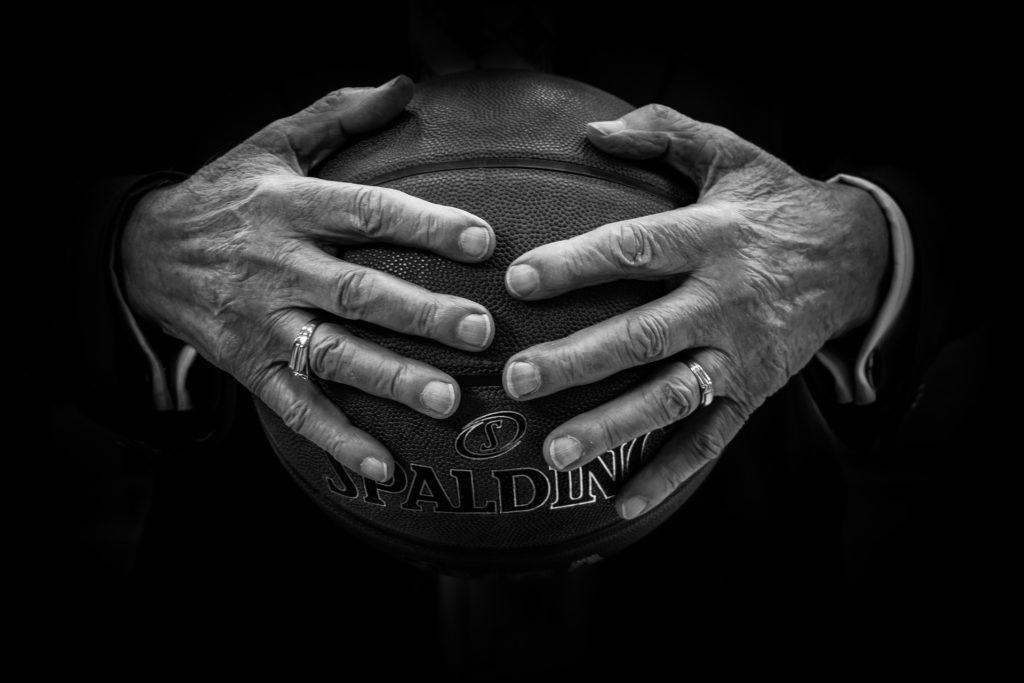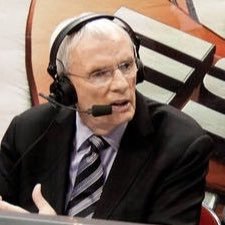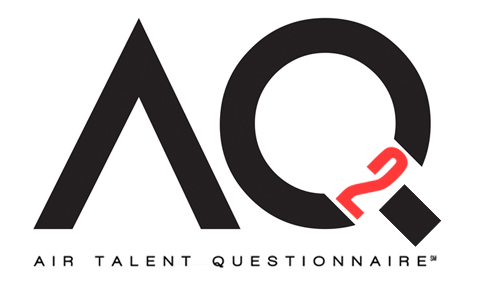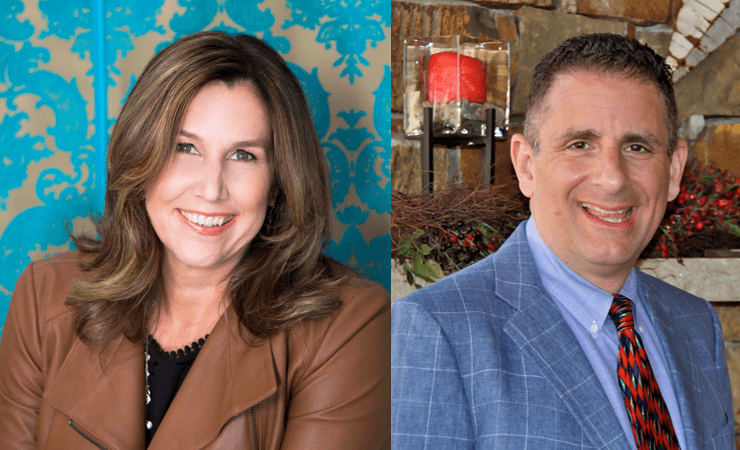
Today marks the launch of AQ2, our second annual study of commercial radio air talent in the U.S. In cooperation with Don Anthony’s Morning Show Boot Camp, our goal is to interview 1,000+ air personalities (and producers) in markets big and small. Whether you work in morning drive in Chicago, or weekends in Clarksville, we hope you’ll take the time to take our confidential survey. The results will be presented at Morning Show Boot Camp in August. Take the survey here. – FJ
The NBA season is winding down. Die-hard fans are wondering whether Golden State has enough gas in the tank to overcome its injuries. Or whether those Toronto Raptors will go on to win their first championship (and bring the Larry O’Brien Championship Trophy to Canada for the first time).
During these past several weeks of playoff basketball, fans have been treated to some amazing action, whether you’re in Milwaukee, Portland, the Bay Area, or Ontario.
But perhaps the biggest winner of this championship round has been an old former coach, now providing color commentary on ESPN Radio – Hubie Brown.
Now  basketball is one of those sports most fans feel is better to watch on TV than listen to on the radio. So, it requires even more talent, preparation, knowledge, and entertainment value to present these games without pictures.
basketball is one of those sports most fans feel is better to watch on TV than listen to on the radio. So, it requires even more talent, preparation, knowledge, and entertainment value to present these games without pictures.
And as The New York Times’ Michael Powell reported this past weekend, listening to former NBA coach Brown this season has been a joy. Brown is no kid – he’s an 85 year-old hoops Yoda who has fine-tuned his radio presentation to remain relevant to fans of all ages. Powell’s story breaks down Brown’s “radio game,” providing a great primer for radio broadcasters, young and not-so-young.
Here’s how a Jersey kid who’s been in the pro basketball game longer than most of us have been alive approaches his craft now that he’s behind the mic:
1. Relentless prep – Hubie Brown is a guy who has a lot of facts and figures at his fingertips. But his pre-game drills consist of interviewing both coaches, as well as carefully charting all the metrics that are part of the game. He does his homework because he’s well aware of how critical the game call is on the radio, and why accuracy is critically important. Like knowledgeable fans who tune in music stations or well-read talk show audience members, hosts have to truly know their stuff to earn their credibility. Brown is well aware of the downside of slip-ups. You can’t be “too prepped.”
2. Understanding his impact – Oftentimes, radio personalities forget just how much of an effect they can have. Brown realizes and respects the power of his words, broadcasting throughout the world on ESPN. He is very cognizant of his ability to enhance the game or screw it up. And that’s an important lesson for radio personalities, often confined to a studio where it’s easy to lose track of the fans when there are hundreds, thousands, or millions of listeners tuning in the show in real time. This is no podcast where mistakes can be edited out. Live radio is special, and Hubie Brown “gets” it.
3. Adapting to the times – This is a different league than the one in which he last coached the Memphis Grizzlies many years ago. Back then, there were no smartphones, social media, YouTube channels, or Twitch. Brown’s not critical of the modern-day players, festooned with tats, piercings, and man buns. He is, however, critical about their play which he calls “crimes” when the game is played poorly. Bad behavior and sloppy play on the court earn his full wrath. On the tech side, he’s also made his way to Twitter. You can’t be relevant today but live in the past.
4. Yearning for feedback – Brown understands he needs to be critiqued in order to improve his skills. Apparently, the programming team at ESPN is a little busy doing other things to sit down and aircheck him (sound familiar?). So, he’s enlisted a smart friend who listens to the games, and provides honest grades about Brown’s radio performance: word crutches, rambling, and other elements that make for a less-than-great broadcast. Of course, that’s how you get better, painful as it may be. We learned last year in our first AQ study that many hosts don’t get airchecked. So, if you want to raise your game, get the support of a friend or colleague who can provide you with unvarnished feedback.
5. Coming to grips with career mortality – Hubie Brown quotes his dad who told him, “No matter how good you have it, you’re always a half-step from the street.” That healthy respect for how quickly it can all disappear serves as a motivator, rather than an anvil. Having been an NBA coach is great training for being on the radio. Truly, everybody in radio knows on-air jobs have a beginning, a middle, and an end. So, the need to bring it to every show – no days off – is a lesson not lost on Brown.
There’s a lot to learn from Brown’s approach to his radio analyst duties. And many of those same qualities will be measured and tracked in our AQ2  online research survey Jacobs Media is doing once again in partnership with Morning Show Boot Camp. The survey is “live” today, and we’re looking for as many U.S.-based commercial radio personalities (and producers) as possible to weigh in.
online research survey Jacobs Media is doing once again in partnership with Morning Show Boot Camp. The survey is “live” today, and we’re looking for as many U.S.-based commercial radio personalities (and producers) as possible to weigh in.
Last year, more than 1,100 took our ground-breaking survey. This followup is especially important to provide context to the 2018 data, and measure progress (or lack of it). We’re looking at all the big issues – gender roles in the studio, prep, airchecking, contracts, and of course, the state of radio according to the pros who sit behind the mic. We’ve got some new questions, based on the feedback we got last year and at MSBC, guaranteeing a meaningful research study.
 We’d love you to take the survey – available here – and even better, join us at Morning Show Boot Camp in Chicago in August for its debut. I’ll be joined on stage by talent coaches extraordinaire Angela Perelli and Steve Reynolds (pictured left), who will help me break down the data and put it in context.
We’d love you to take the survey – available here – and even better, join us at Morning Show Boot Camp in Chicago in August for its debut. I’ll be joined on stage by talent coaches extraordinaire Angela Perelli and Steve Reynolds (pictured left), who will help me break down the data and put it in context.
Radio personalities are the ultimate differentiators, whether your station is in New York City or Nome. How the industry continues to grow and nurture talent could very well determine radio’s ability to survive – and thrive.
We hope our AQ data helps that process, providing much-needed research for personalities, as well as those who manage them.
See you in Chicago.
Click this link to take the AQ2 survey: www.ik9.5f7.myftpupload.com/AQ-survey
Click this link for info about Morning Show Boot Camp: www.morningshowbootcamp.com
- Can Radio Afford To Miss The Short Videos Boat? - April 22, 2025
- Media And Technology In 2025: Believe It Or Not! - April 18, 2025
- In Radio, You Just Never Know - April 17, 2025




Good work here, terrific article
Appreciate that!
Sometimes it’s hard to know why you like an author. I was always telling my last GM, a longtime radio guy with years of experience at a big company, about the things I read on this blog. One day he got frustrated and asked, “Why do you like that guy so much? You know, his brother is much smarter than he is!” I realized, I didn’t know exactly why this blog spoke to me in ways others didn’t. It became much clearer with today’s post. If I’m asked that same question again, I’ll respond: “Because he gets that Hubie Brown is great.”
Thanks, Steven. And by the way, I am much smarter than my brother. He, however, is more charming and better looking. 🙂